Medicine Overview of Tufnil 200mg Tablet
Tufnil is a pain relieving medicine. It is used for treatment of pain associated with acute attacks of migraine in adults. It may also be used to relief pain associated with joints and muscles. Tufnil can be taken with food, preferably with a glass of water. The dose and duration will depend on what you are taking it for and how well it helps your symptoms. You should keep taking the medicine even if you feel better until the doctor says it is alright to stop using it. The most common side effects of this medicine include mild indigestion, diarrhea, nausea, vomiting, stomach pain, rash, headache, and dizziness. If any of these side effects persist or get worse, you should let your doctor know. Your doctor may be able to suggest ways of preventing or reducing the symptoms. Before using it, you should let your doctor know if you have a history of stomach ulcers, heart diseases, high blood pressure, and liver or kidney disease. Let your doctor also know about all the other medicines you are taking because they may affect, or be affected by, this medicine. Pregnant and breastfeeding mothers should consult their doctors before using the medicine.
- Pain relief
- Vomiting
- Nausea
- Indigestion
- Diarrhea
- Heartburn
- Loss of appetite
-
It should be taken with food or milk to avoid getting an upset stomach.
-
It can cause serious complications like stomach bleeding and kidney problems if taken for a long time.
-
Tufnil can raise your risk of blood clots, heart attack, or a stroke.
-
Inform your doctor if you are pregnant or planning to conceive or breastfeeding.
-
Inform your doctor if you have ever been diagnosed with kidney or liver problems.
Oral Acute migraine attacks Adult: 200 mg when 1st symptoms appear, may be repeated after 1-2 hr, if necessary. Mild to moderate pain Adult: 100-200 mg tid. Hepatic impairment: Severe: Avoid.
Dysuria esp in males; tremor, euphoria, fatigue, pulmonary infiltration, nausea, vomiting, diarrhoea, flatulence, constipation, dyspepsia, abdominal pain, melaena, haematemesis, ulcerative stomatitis, exacerbation of Crohn’s disease and colitis, gastritis, pancreatitis; oedema, HTN, cardiac failure; nephritis, hepatitis, jaundice, abnormal liver function; visual disturbances, optic neuritis, headache, paraesthesia, depression, confusion, hallucinations, tinnitus, vertigo, tremor, dizziness, malaise, drowsiness; thrombocytopenia, neutropenia, agranulocytosis, anaemia. Potentially Fatal: Exfoliative dermatitis, Stevens-Johnson syndrome, toxic epidermal necrolysis; GI bleeding, ulceration or perforation.


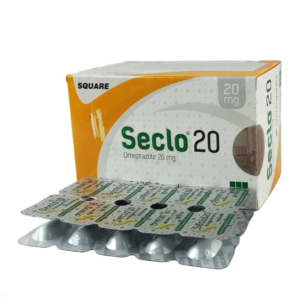

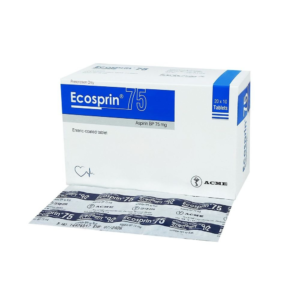
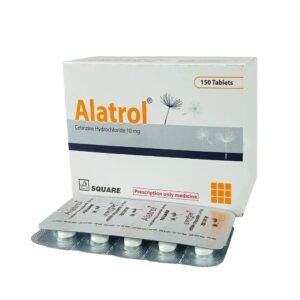
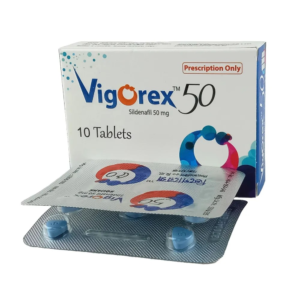
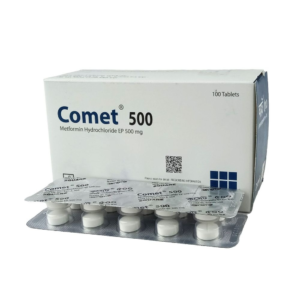
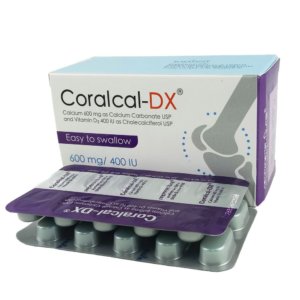
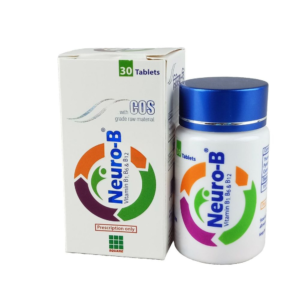


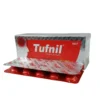
Reviews
There are no reviews yet.